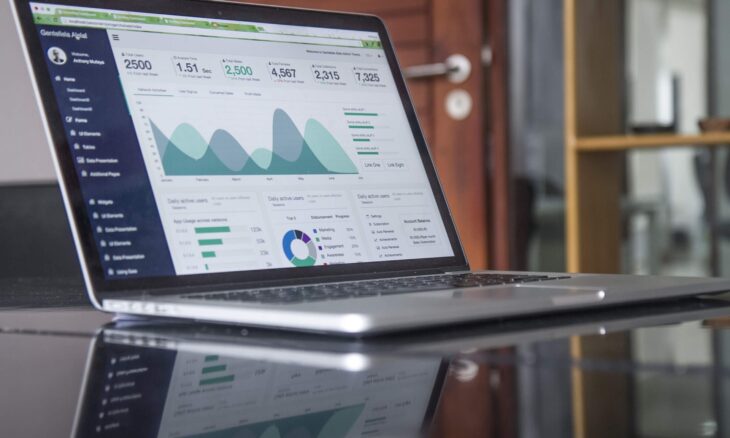Organizations are increasingly under pressure from consumer expectations and data privacy regulations to protect customer data and ensure it is used responsibly. As consumers witness the rise of tech conglomerates like Facebook, which track incredibly detailed information about users across multiple platforms, many have grown wary of big data and the amount of power businesses hold. Each year, the growth of cyberattacks further exacerbates the decline in consumer trust.
However, businesses need data — not only to stay competitive, but also to provide the personalized customer experience that today’s consumers expect. Therefore, companies need to focus on creating systems, processes and policies to ensure that data is being ethically collected, stored and used. In this article, we’ll explore four ways you can boost your profits with customer data in a safe and ethical way.
Improve Personalization in Marketing
Personalization is often viewed as a positive part of the customer experience. Customers can benefit from more personalized recommendations, feel appreciated when you greet them by name, and appreciate more relevant marketing than in the past — all of which can enhance brand loyalty. However, personalization requires the collection of data like contact information and transaction histories.
Data-driven marketing works best when personalization is balanced with trust. Consumers’ attitudes on data collection differ depending on how their information is being used, so it’s important to be transparent with customers about how their data is implemented and stored. For example, you can offer disclaimers about how your algorithms work or explain why a customer was deemed relevant for a campaign.
Another way to stay ethical is to give customers a way to opt out of data collection. Be sure to let them know that they won’t receive personalized content if they do so, so they can make an informed decision about their personal information.
Speed up Customer Support Resolutions
Another way data can improve your bottom line is by keeping customers satisfied. When data is used by customer support teams, you can reach resolutions faster by ensuring you have all the information you need, like purchase histories and records of previous conversations. This is an example of what can be an incredibly ethical use of data.
To avoid crossing the line with your data usage, businesses must ensure clients are aware of the intent behind their data collection. If you’re asking for additional information during a chat or recording a phone call, inform them why — even if it’s just for training purposes.
Simplify Purchases for Customers
Customer data is often used during the e-commerce checkout process on. In order to decrease the number of steps needed to make a purchase — which, in turn, leads to fewer abandoned carts — many online stores ask customers to save their payment information or link their PayPal accounts. However, this is highly sensitive customer information that can easily be abused if it falls into the wrong hands.
Businesses that collect payment information (or other protected information, like medical records) must take steps to ensure privacy for consumers and strengthen the security of their stores. For example, you can protect customer information by encrypting data or by using encrypted Wi-Fi to access their data. Additionally, you can minimize who has access to the data you collect to the employees who need to use it. This can prevent internal data theft by criminals and disgruntled employees.
Evaluate Ethics With Your Team
When customer data is used unethically, it’s often the result of ineffective decision-making processes that prevent your team from seeing diverse perspectives. High-quality decisions about data collection and usage are best made by groups, rather than individuals. The more people you involve in your decision, the more thoughtful your final decision will be, which can help you avoid the liabilities that come with unethical practices.
Creating company guidelines surrounding ethical data use can improve your choices as a business. Instead of basing your decisions on subjective definitions of “ethical,” your team members can evaluate data usage opportunities based on a shared understanding of what’s right and what’s wrong for a company to do. These guidelines can be created by your leadership team — ideally, with your brand’s existing values in mind — and refined over time.
Balance Ethics and Profit Wisely
As more and more companies collect customer data to accelerate their profits, business leaders must commit to ethically using and storing data to enhance customer loyalty and avoid reputational downfalls. However, this doesn’t mean that data can’t be used to boost your financial success.
Data-driven marketing can be used responsibly and help you reach your business goals and serve your customers. For example, you can use customer data to provide personalization, while still offering a way for customers to learn about your algorithms or opt-out of data collection. Work with your team to brainstorm the best, most profitable ways to implement data usage without sacrificing the trust and respect of your clients.






